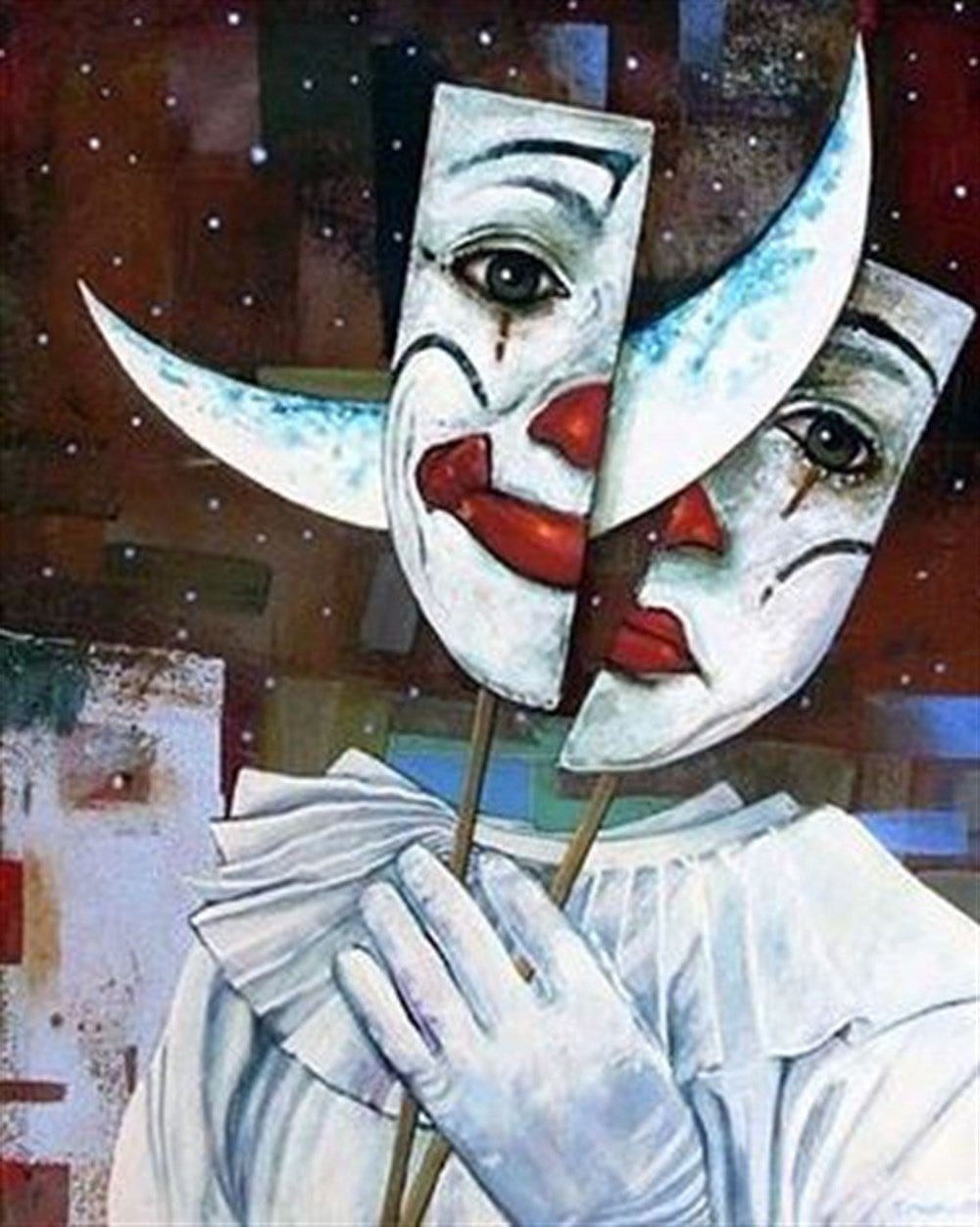A Death in Summer
a Reason for Being in the World "preliminary chapter"
I’m still recovering from a bad New Year’s cold and plan, as well, to include this “preliminary” chapter in the final draft of Reason for Being in the World, so it fits well this week while I continue to feel better. When the essay originally appeared on Substack in July 2023, I still had fewer than 100 subscribers, so it is new for almost all of you. As you’ll read, it had an earlier history still.
Preface
When Julia and I hit the road for a year of travel in our motorhome in the late fall of 2008, blogging, especially political and cultural blogging, was reaching its peak. It only made sense to start our own blog to help tell the stories we sought to cover in Indian Country. We called the blog the sad red earth.* It was supposed to be our joint blog but very quickly became mine alone. Julia is a splendid writer, trained in journalism at the University of Nebraska’s graduate school, but the demands of her photography were too great for more.
I ended up blogging from 2008-15. Most intens…
Keep reading with a 7-day free trial
Subscribe to Homo Vitruvius by A. Jay Adler to keep reading this post and get 7 days of free access to the full post archives.



